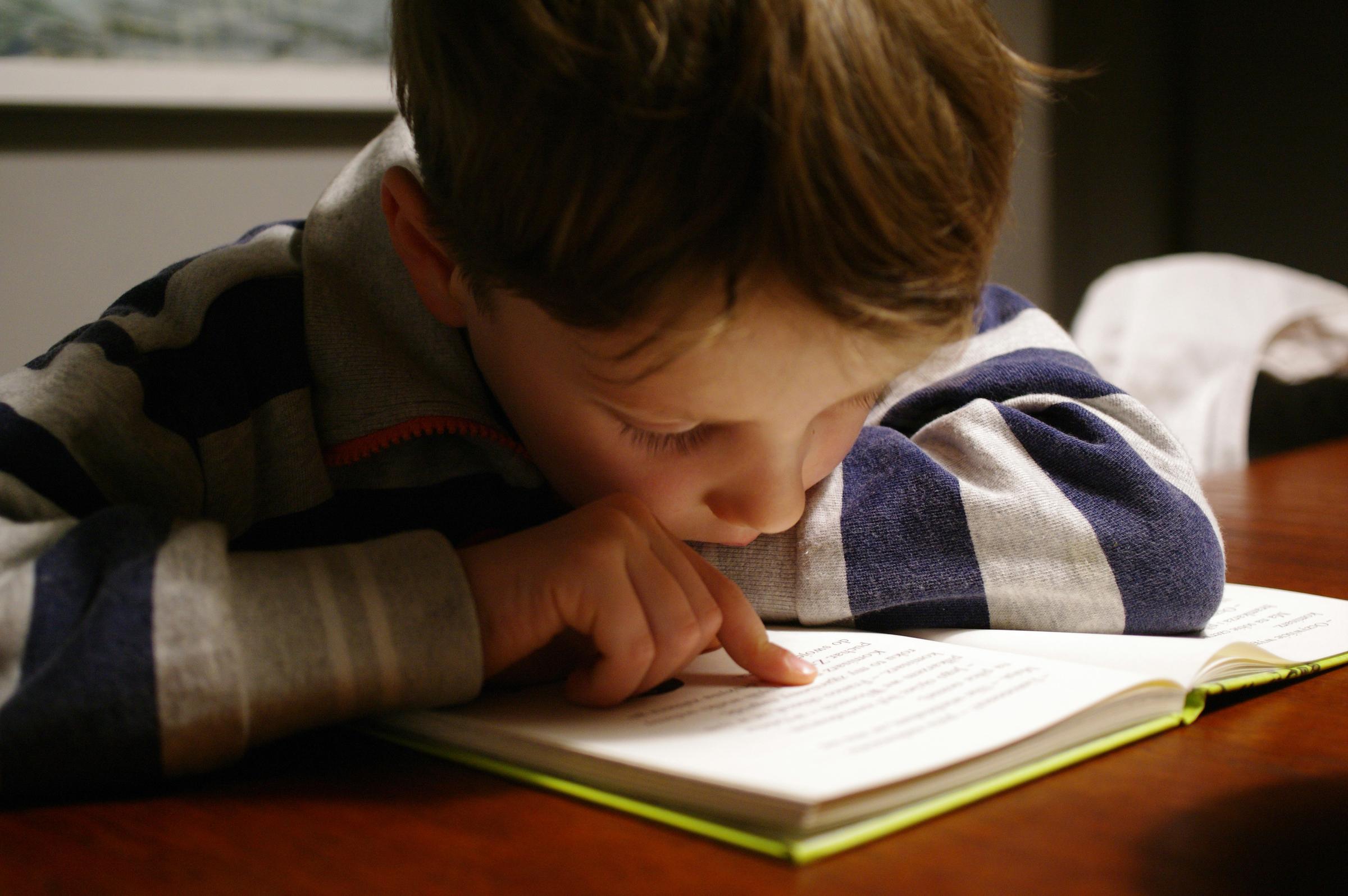TEACHING & LEARNING

Does Practice Make Perfect?
BY CARRIE SCAMPTON (HoTL - Primary, Year 3 & 4 Coordinator)
Have you ever noticed that your child can learn something one day but forget it the next? This doesn’t mean they aren’t capable; it means that learning takes practice. Just as children need repeated opportunities to ride a bike, play a sport, or master a musical instrument, they also need structured, repeated practice in their learning to make knowledge ‘stick.’
Why Practice Matters
The Australian Education Research Organisation (AERO) highlights that mastery and fluency come when children are given many opportunities to practice. Cognitive scientist Daniel Willingham reminds us that “memory is the residue of thought” - what children think about, recall, and practise becomes what they know and remember. Practice helps move learning into long-term memory, deepens knowledge and skills, and frees students to focus on new ideas.
How We Use Practice at BHCS
Teachers know that covering content once isn’t enough. True learning requires going back, practising, and strengthening skills. At BHCS, teachers design lessons that weave in practice every day. This includes:
Review and recall at the start of lessons, revisiting what was learned yesterday or last week.
Guided practice using the I Do, We Do, You Do approach, giving children structured support before they work independently.
Deliberate rehearsal of key skills.
Feedback loops - implementing practice, feedback, and improvement cycles that lead to meaningful progress.
How Parents Can Help at Home
Did you know that just 10 minutes of daily practice adds up to over 60 hours of extra learning across a school year? Parents can make a big difference by building simple practice routines into daily life:
Reading together daily, whether it’s listening to your child read aloud or enjoying a story together.
Quick spelling - taking just a few minutes each evening.
Short maths practice - reviewing times tables, number facts, or quick mental strategies.
Retrieval questions - asking your child to tell you three things they learned today, or to explain a concept in their own words.
Encouraging persistence - praising effort and progress, not just “getting it right.”
Practice Makes Progress
So, does practice make perfect? Not really. But it does make progress, and progress is the key to learning. What may feel like a small step each day soon becomes a natural habit. With consistent practice, children build fluency, free up their thinking for deeper learning, and grow in confidence. By working together, teachers provide structured opportunities to practise, and parents reinforce them, showcasing the message that success is built on one small step at a time.
